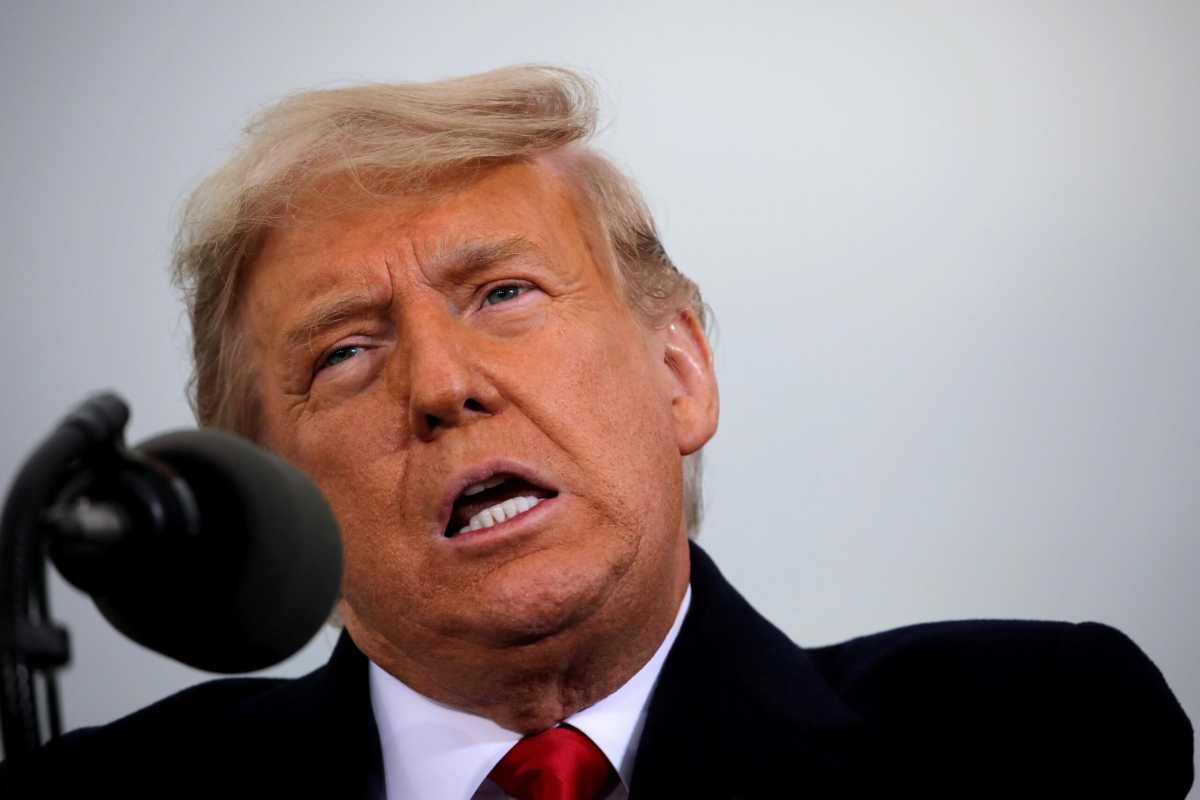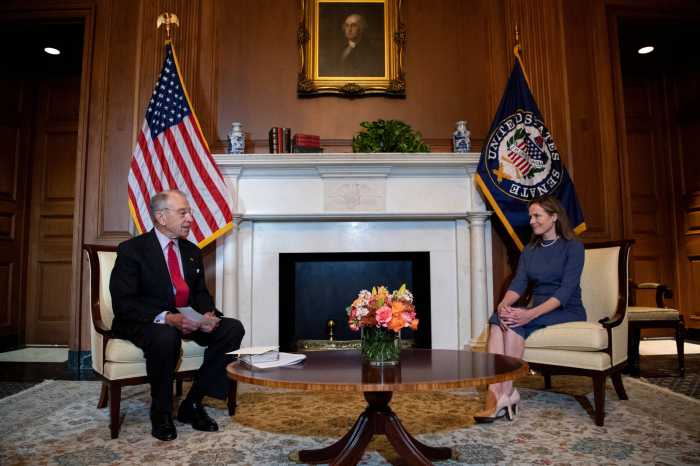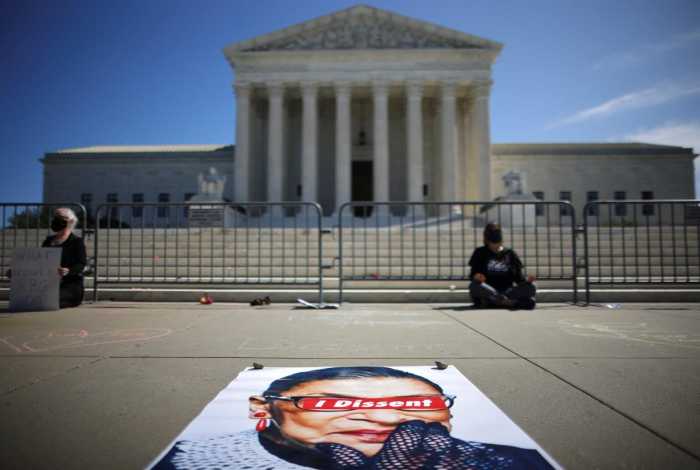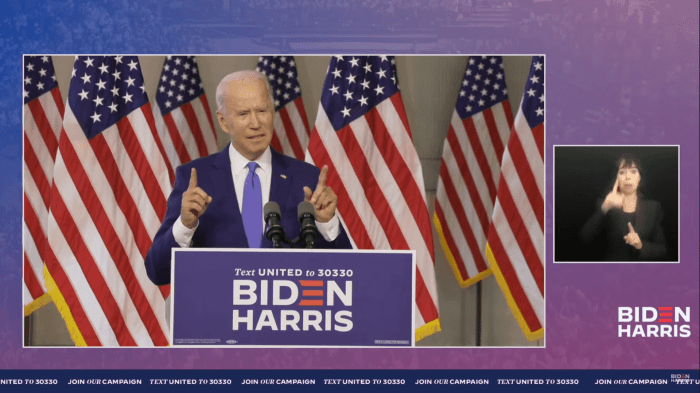The U.S. Supreme Court on Monday agreed to hear an appeal by President Donald Trump’s administration of a ruling that he overstepped his constitutional powers by diverting military funds to pay for his promised wall along the U.S.-Mexico border.
At issue is the legality of the president’s decision, after Congress refused to appropriate money he sought for the wall, to shift other funds already provided by lawmakers for other purposes.
The Justice Department appealed a lower court’s June 26 decision that Trump’s administration lacked the authority to shift the military funds toward the border project because the so-called Appropriations Clause of the U.S. Constitution exclusively grants the power of the purse to Congress.
“We look forward to making the same case before the Supreme Court and finally putting a stop to the administration’s unconstitutional power grab,” said Dror Ladin, a lawyer at the American Civil Liberties Union, which brought the case on behalf of other advocacy groups.
A Justice Department spokeswoman declined to comment.
The border wall was a central 2016 campaign promise by Trump, a Republican seeking re-election on Nov. 3.
Trump has said the wall is needed to curb illegal immigration and drug trafficking across the southern border. Democrats have called the wall immoral, ineffective and expensive. Trump promised during the 2016 presidential race that Mexico would pay for the wall. Mexico refused.
In 2019, Trump’s administration redirected $2.5 billion from military counter-narcotics programs for border wall construction in California, New Mexico and Arizona.
The Southern Border Communities Coalition, a group advocating for people living in border areas, joined the Sierra Club environmental group in suing to try to block Trump’s action. The challengers have said the wall would be disruptive to the environment in part because it could worsen flooding problems and harm wildlife.
U.S. District Judge Haywood Gilliam in Oakland, California, ruled last year that the administration’s use of the Pentagon funds for a border wall was unlawful and issued an injunction blocking the transfer of funds.
The Supreme Court by a 5-4 vote last year lifted Gilliam’s injunction, allowing the project to move forward while the litigation continued. The San Francisco-based 9th U.S. Court of Appeals subsequently ruled 2-1 on June 26 that Trump’s diversion of funds was unlawful because he lacked constitutional authority to authorize such a transfer.
The funding transfers have enabled the administration to build more than 100 miles (160 km) of fencing in areas identified by the Department of Homeland Security as drug-smuggling corridors, Justice Department lawyers said in a court filing.




























